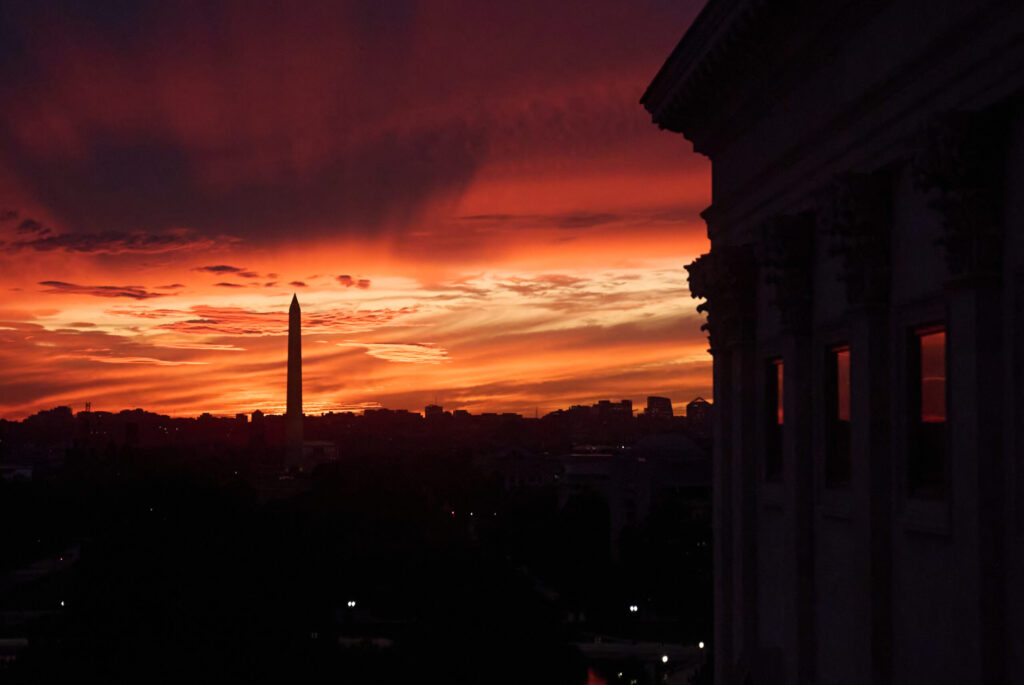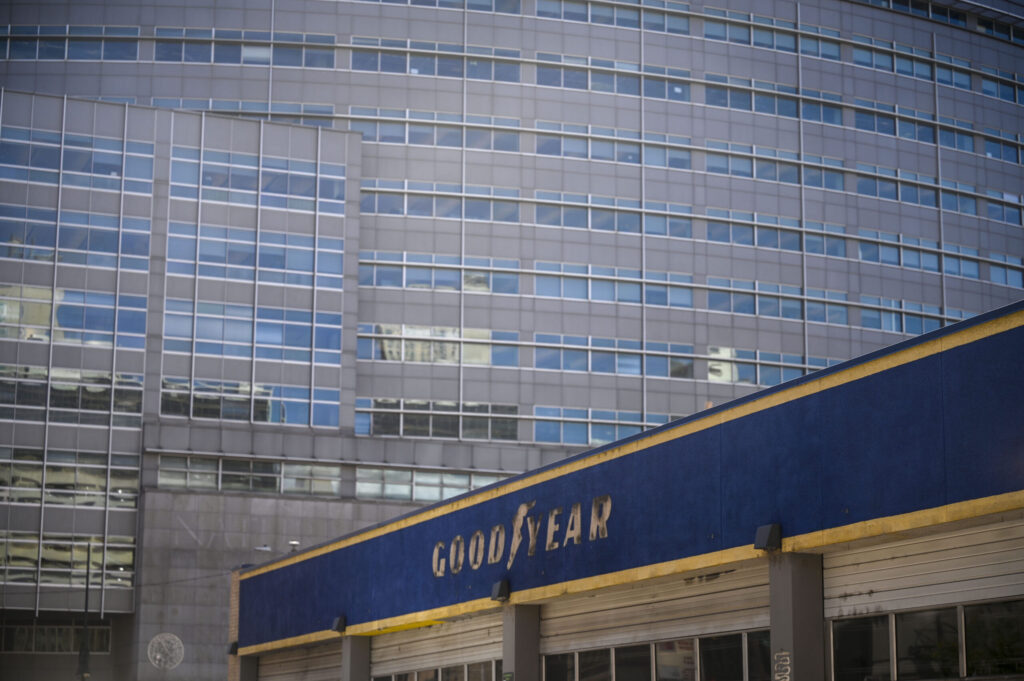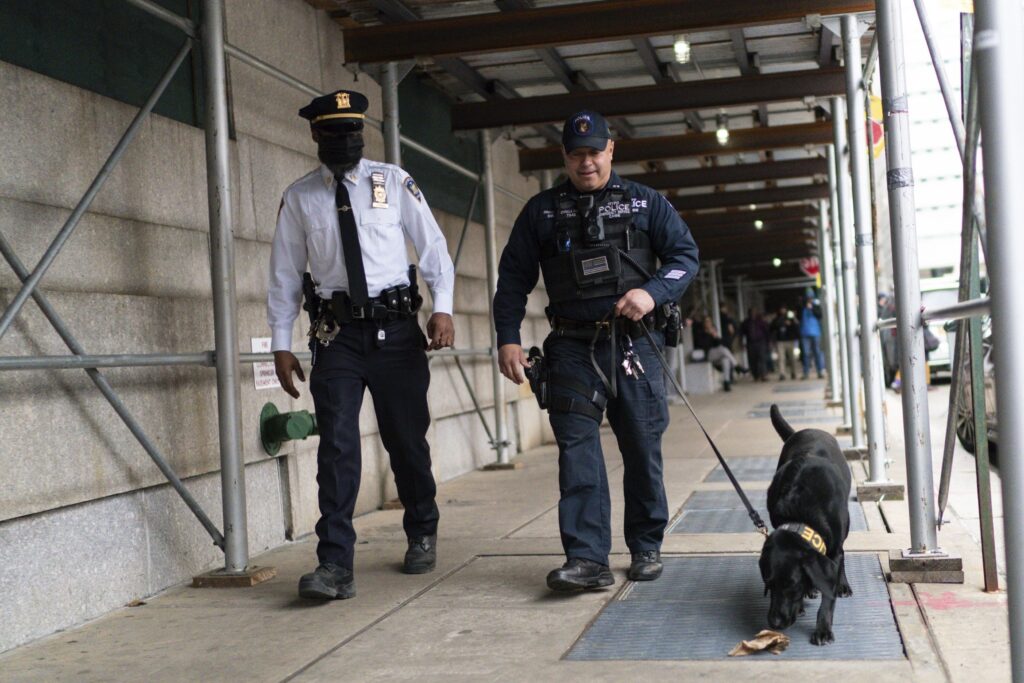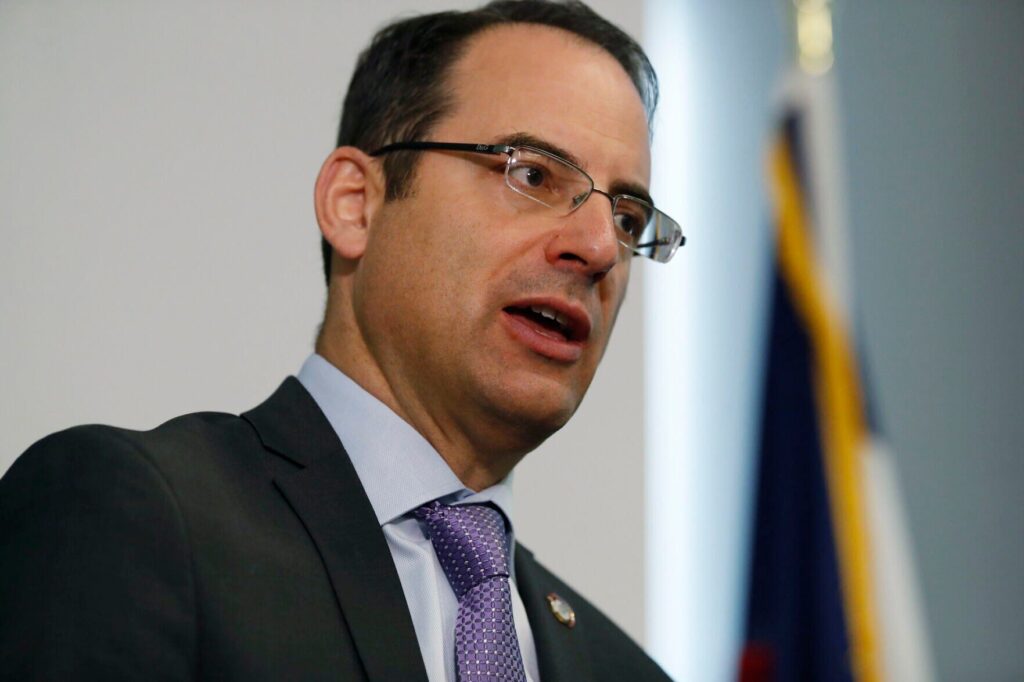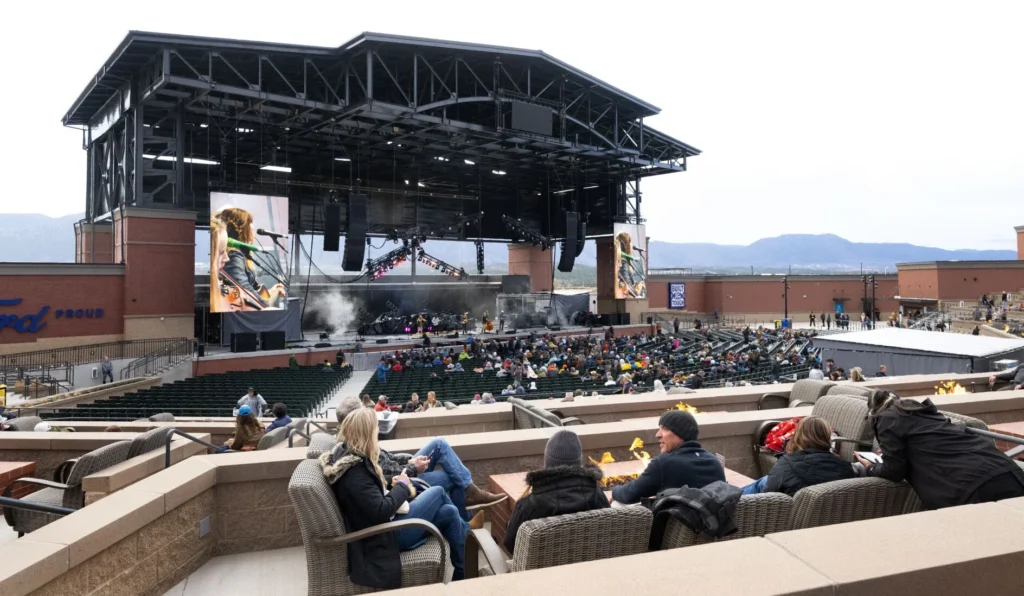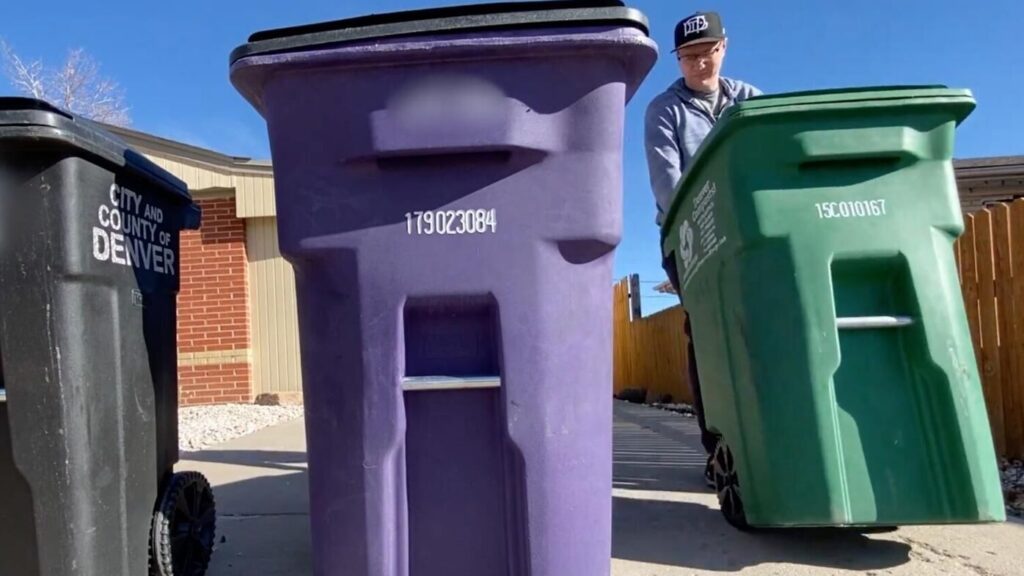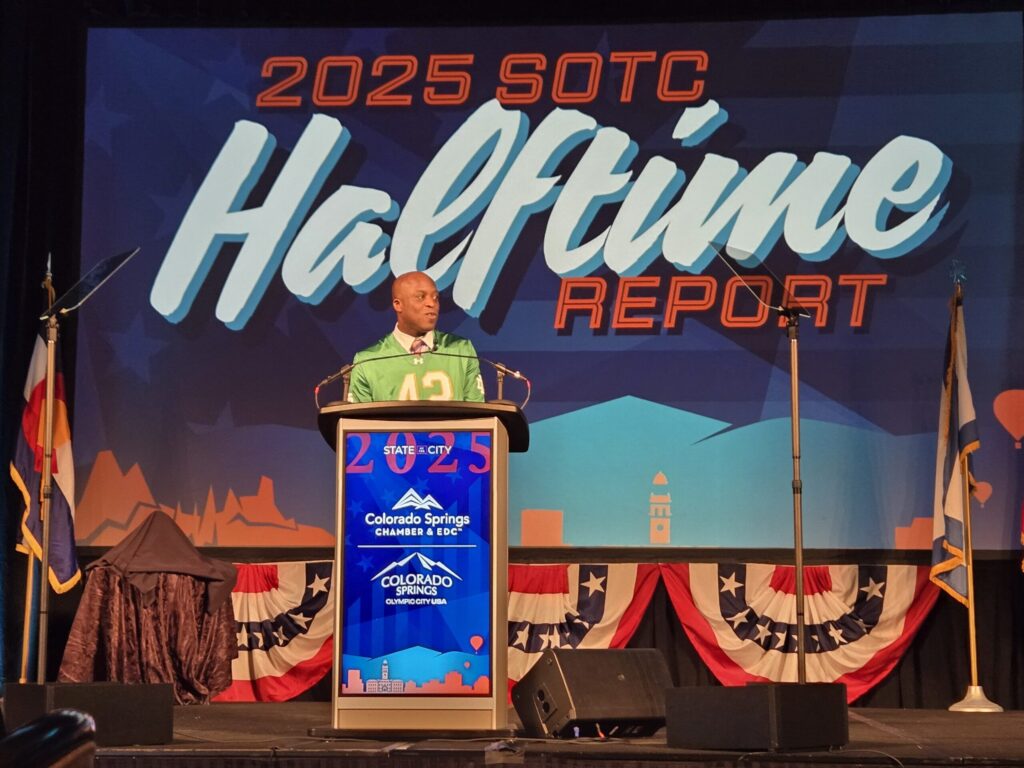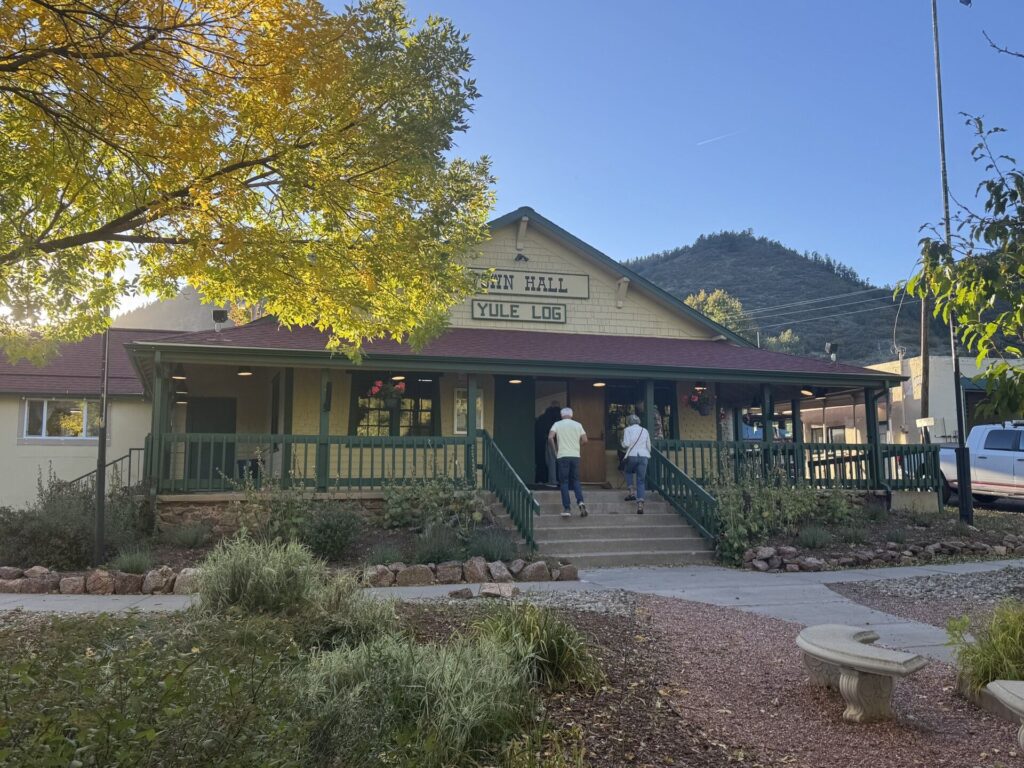Three takeaways from the Colorado Springs City Council District 6 candidate forum on KOAA
The candidate forum for Colorado Springs City Council District 6 aired at noon Thursday, capping a series of candidate forums hosted by KOAA and The Gazette. Here were a few notable answers given by candidates Parth Melpakam, Aaron Schick and Roland Rainey Jr. on Thursday.
Public safety and growth
Schick and Melpakam both cited the city’s growth as the biggest concern in District 6. Schick mentioned that his drive time to downtown Colorado Springs has grown by 10 minutes and he opposed more urban sprawl. Melpakam spoke about the need for sensible growth.
“How are we balancing the growth that drives the economic vitality of our community with what our residents want, which is the small-town feel?” Melpakam said.
Rainey said that the biggest concern for the district was public safety, which was affected by the growth. Rainey cited his endorsement by El Paso County Sheriff Joe Roybal as support that he would be the “one candidate who goes out and tackles those issues.”
Schick attacks on annexations
During a question about the previous Karman Line and Amara annexations, Schick accused the other two candidates of being “bought for by developers.” Schick said he would have voted for the people and opposed both projects, as well as many other potential growth options.
Rainey and Melpakam had said they did not know all the information the City Council had during the annexation votes to say how they would have voted at the time. Melpakam said he would be more supportive of sequential annexations on the city boundaries, which neither Amara nor Karman Line were.
Different approaches on Utilities
The candidates were asked about discussions last year about whether the City Council members should continue to also serve as the Utilities Board. Rainey said he saw no issue with the members serving both roles. Melpakam proposed having a split membership, where the board was made of some council members and some expert volunteers, while Schick said that some change was needed.
The candidates were similarly divided on the importance of renewable energy for Utilities. Melpakam, who had worked for decades as an engineer for oil and gas companies, said there should be a path to continue using those power sources to keep prices low during the state-mandated effort to lower emissions.
Schick said he would support whatever option made sense financially and said solar power projects were in the right direction. Rainey was in the middle, saying the city needed to expand its power distribution system in the next two years before leaning heavily into alternative power sources.


